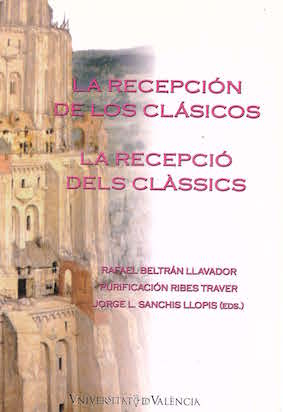‘We murder poets for you on our stage’. Lee’s and Garrick’s adaptations of The Country Wife for eighteenth-century audiences
DOI:
https://doi.org/10.7203/qf-elit.v10i0.5110Keywords:
Country Wife, eighteenth century, reception Abstract
Abstract
This article deals with seventeenth and eighteenth-century reception of Wycherley’s The Country Wife, always bearing in mind its double nature as a play for the stage and a play for the closet. A number of different editions of Wycherley’s play (1733, 1736, 1751) have been closely read, as well as different editions of the theatrical adaptations of the Country Wife attributed to John Lee (1765, 1786) or to David Garrick (1766, 1777, 1808, 1819). Attention has also been paid to playbills, that have helped understand the theatrical conditions that favoured these adaptations as well as the circumstances under which they were staged. A careful analysis has also been made of the stage history of these plays, and reasons have been offered for the changes that the different versions have undergone, as well as for the varying degree of acceptance they have enjoyed at different periods.
 Downloads
Downloads
Downloads
Published
How to Cite
-
Abstract182
-
PDF (Español)80
Issue
Section
License
 Este obra está bajo una licencia de Creative Commons Reconocimiento-NoComercial-SinObraDerivada 4.0 Internacional.
Este obra está bajo una licencia de Creative Commons Reconocimiento-NoComercial-SinObraDerivada 4.0 Internacional.
Authors who publish with this journal agree to the following terms:
- Authors retain copyright and grant the journal right of first publication with the work simultaneously licensed under a Creative Commons Attribution License that allows others to share the work with an acknowledgement of the work's authorship and initial publication in this journal.
- Authors are able to enter into separate, additional contractual arrangements for the non-exclusive distribution of the journal's published version of the work (e.g., post it to an institutional repository or publish it in a book), with an acknowledgement of its initial publication in this journal.
- Authors are permitted and encouraged to post their work online (e.g., in institutional repositories or on their website) prior to and during the submission process, as it can lead to productive exchanges, as well as earlier and greater citation of published work (See The Effect of Open Access).




